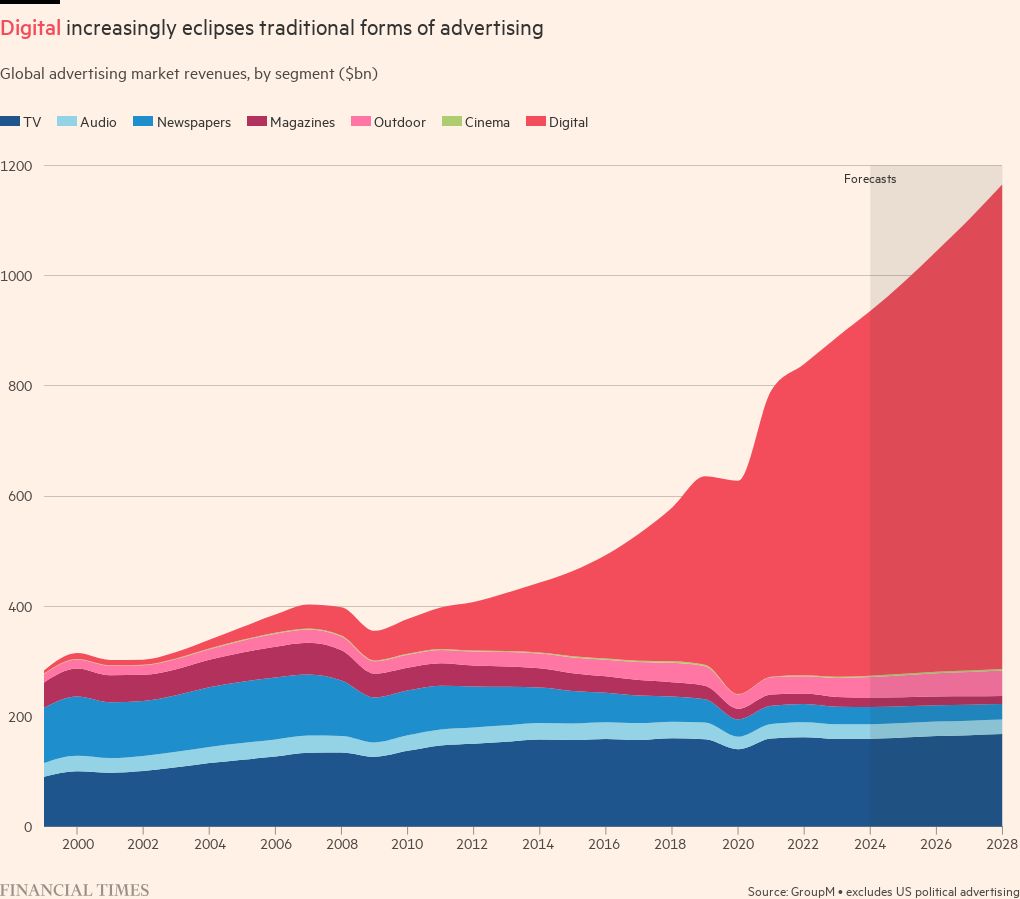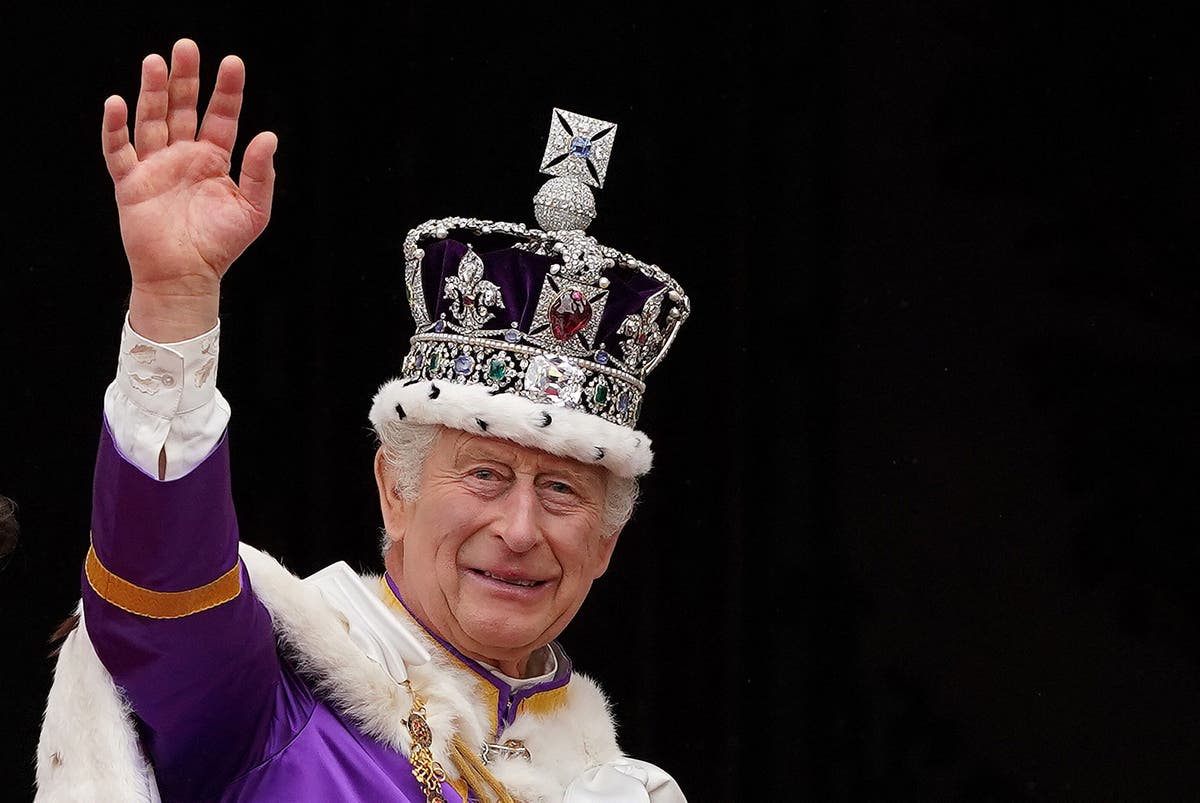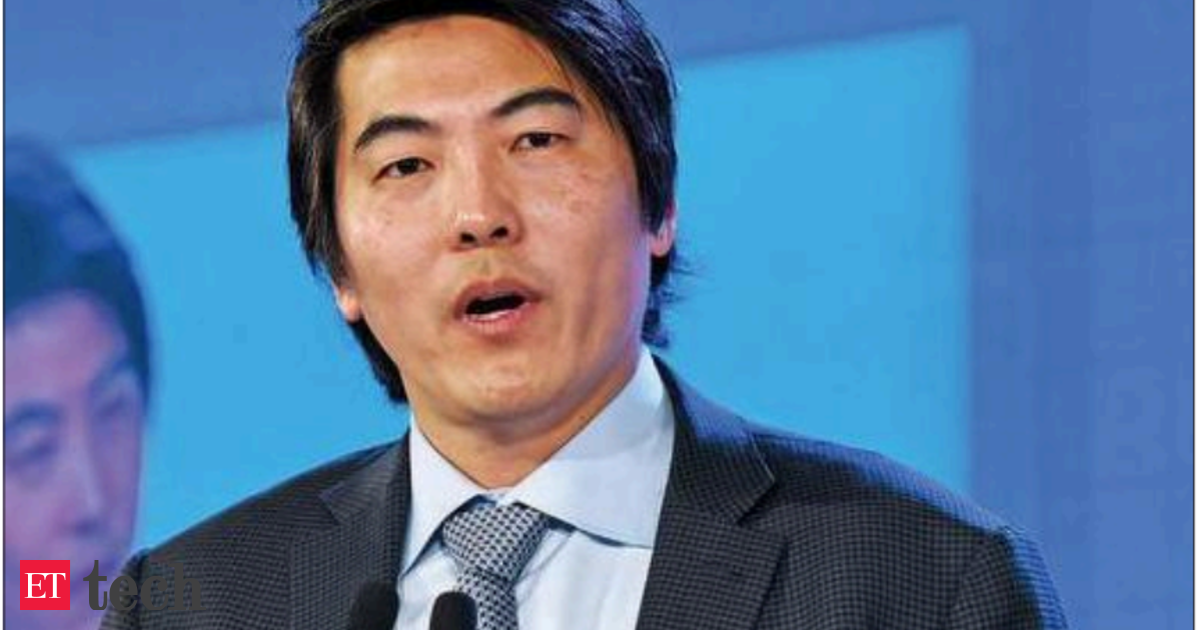Every single one of the approximately 100,000 employees at Publicis, a prominent marketing conglomerate, received personalized gratitude from the CEO through video messages at the beginning of each month. These messages were tailored to address each employee by name and in their native language.
Traditionally, crafting and refining such a large volume of messages would be a laborious endeavor, but artificial intelligence has significantly streamlined this process.
This endeavor was designed to demonstrate the potential of hyper-personalized advertising enabled by rapidly advancing technology. The videos showcased AI-generated versions of senior executives participating in activities beloved by each employee, such as DJing and water skiing. These customized advertisements are not only cost-efficient and quick to produce but also meticulously tailored for precise consumer targeting, leveraging the abundance of individual data available.
Similar innovative marketing strategies have already been put into practice. In India, numerous local establishments have adopted personalized ads featuring Bollywood luminary Shah Rukh Khan, encouraging patrons to support local businesses as part of WPP’s Cadbury campaign.
The two foremost global agencies, WPP and Publicis, have detailed significant investments totaling hundreds of millions of pounds to incorporate AI into their operations, positioning themselves ahead of the competition.
Mark Read, the CEO of WPP, underscored the importance of AI by asserting, “AI’s impact is comparable to that of mobile technology and akin to the invention of the internet.” This shift is poised to transform the creative process, enabling artists to actualize their concepts more expeditiously.
Despite the promising potential AI offers, some advertising executives caution that this approach could potentially pose a threat to job security within the industry, given the current challenges it faces.
An illustrative example highlighting the risks confronting marketing agencies is the introduction of a new vegetable product last year. A marketing leader in England, who opted to remain anonymous, sought suggestions from an AI bot and selected the best one instead of investing significant resources in a team to develop unique names and logos.
Since the advent of the internet, the traditional advertising agency landscape has undergone substantial upheaval due to disintermediation, which involves bypassing intermediaries. The reliance on AI for inspiration raises inquiries about the relevance of advertising executives who excel in presenting innovative concepts.
Furthermore, the market is observing a shift away from conventional television and print advertising towards dominant software platforms encroaching on their market share.
The top five global advertising platforms today—Google, Meta, ByteDance, Alibaba, and Amazon—have collectively witnessed a 25.4% compound annual growth in advertising revenue from 2016 to 2022, surpassing the overall market growth of 9.3%.
GroupM, the largest media buying agency globally, classified nearly 70% of the $889 billion advertising industry revenue in 2023 as digital. By 2028, it forecasts that over three-quarters of the market—larger than the entire 2022 advertising industry—will be dominated by online advertising on platforms like TikTok and YouTube.
However, GroupM cautions that “traditional media users, major brand publishers, and agencies” are lagging in embracing this transformation.
The repercussions are already being felt by traditional media outlets heavily reliant on conventional advertising methods. Television networks like ITN and Channel 4 in the UK are downsizing staff numbers, indicating challenging times for the marketing industry not witnessed since 2008.
Established publishers such as News Corp, The New York Times, and Reach in the UK have reported declines in advertising revenue, while US networks like Fox and NBCUniversal have also faced setbacks.
Investors are wary of diminishing returns following years of business expansion driven by low interest rates that fueled investments in areas like marketing.
S4 Capital’s CEO, Sir Martin Sorrell, anticipates that “jobs will be eliminated” referring to the thousands employed in media buying and planning, which he describes as the “engines driving the growth of major agencies.” He foresees that many of these roles will become obsolete within the next three to four years.
Marketing firms have historically navigated adversities successfully.
The era of working for agencies reminiscent of Mad Men, where ad executives’ personalities and habits aligned with substantial budgets during the consumer boom of the 1960s, has long passed. Advertising primarily relied on mediums like film, television, billboards, and print.
Rory Sutherland, vice-chair of Ogilvy UK, emphasized that placing ads on select TV and radio stations ensured access to a vast audience due to minimal fragmentation.
However, technological advancements necessitate organizations to adapt their strategies accordingly. Businesses now have direct access to consumers through the internet, enabling personalized connections. Influencers on platforms like TikTok now wield more influence than traditional 60-second TV commercials.
James Quincey, CEO of Coca-Cola, acknowledged the shift in consumer behavior, particularly among Gen Z individuals, who spend ample time on digital platforms rather than traditional TV. Consequently, Coca-Cola has significantly augmented its digital media spending to effectively target specific consumer segments.
AI introduces a new layer of complexity. While it has the potential to automate conventional processes like ad creation and distribution, executives believe that when combined with extensive customer data, AI can revolutionize targeted advertising on a global scale.
Ogilvy’s Sutherland describes this era as the “age of hyper-targeting,” where daily experiences, including entertainment, research, and shopping recommendations, become increasingly tailored and algorithm-driven.
Major corporations are harnessing AI to reshape their marketing strategies. For instance, Coca-Cola utilized AI software to produce artwork showcased on digital billboards in prominent locations like Piccadilly Circus and Times Square.
Noel Wallace, CEO of Colgate-Palmolive, underscored the industry’s focus on programmatic buying, personalization, and content optimization to enhance marketing effectiveness.
Despite the potential benefits of AI, Haleon’s CMO Tamara Rogers believes that achieving hyper-targeting remains a distant goal. She acknowledges AI’s role in enhancing measurement, evaluation, and content creation, ultimately improving marketing efficiency.
AI’s automation capabilities extend to mundane tasks like data sorting and product information management, streamlining advertising processes. However, the increased dependence on digital media may diminish the demand for advertising agencies’ services, presenting challenges for the industry.
Major tech companies like Meta offer self-service advertising solutions, empowering smaller businesses to create tailored ads efficiently. This shift could potentially disrupt traditional agency-client relationships and fee structures.
Traditional publishers find comfort in regulatory pressures on tech giants. Amazon and Google are facing antitrust lawsuits concerning their advertising practices, signaling potential shifts in the competitive landscape.
Despite the transformative potential of AI, traditional large-budget TV advertisements continue to captivate audiences. Events like the Super Bowl, commanding high ad prices, underscore the enduring appeal of traditional advertising formats.
Publicis CEO Arthur Sadoun believes that AI will enhance rather than supplant human creativity, propelling innovators to new heights. He envisions a transformation in Publicis’ operational model, transitioning from a holding company to a tech platform.
Customer engagement and creativity remain pivotal in the evolving marketing landscape. The ability to stand out amid the deluge of content is crucial, underscoring the significance of a personal touch in marketing endeavors.
While technology may streamline operations and reduce costs, the industry anticipates revenue growth through enhanced targeting and content personalization. WPP’s innovative use of AI to craft tailored content for L’Oreal exemplifies the industry’s shift towards data-driven marketing strategies.
In conclusion, the marketing industry stands at a crossroads, balancing technological advancements with the enduring value of creativity and brand building. As AI reshapes advertising practices, companies must adapt to stay relevant in an increasingly digital landscape.










